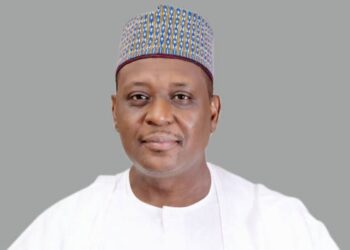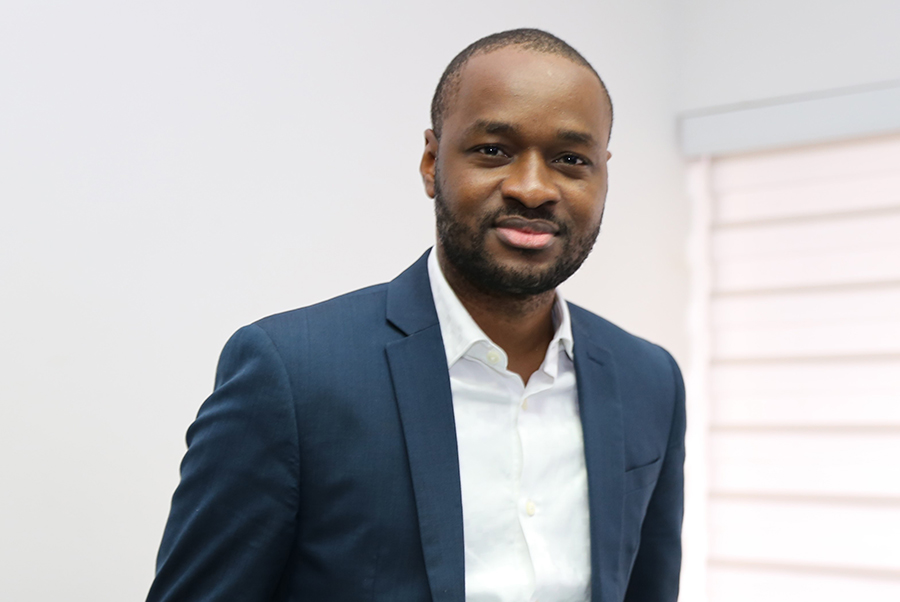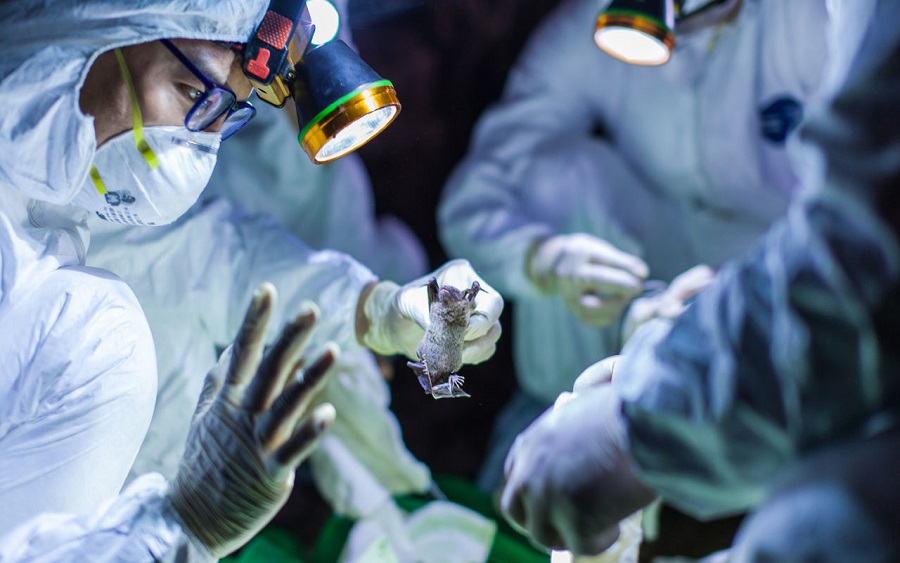The Federal Ministry of Health, in collaboration with state health ministries and partners, has launched a $1.2 billion Sector-Wide Approach (SWAp) aimed at transforming Nigeria’s healthcare system.
Dr. Muntaqa Umar-Sadiq, the National Coordinator of SWAp, announced this during a media briefing on Wednesday in Abuja.
Umar-Sadiq explained that this comprehensive strategy is designed to address long-standing challenges in the health sector, including inadequate financing, staff shortages, poor data management, and insufficient infrastructure.
He emphasized that the SWAp initiative represents a major shift towards a more coordinated and efficient healthcare system.
The goal, according to Umar-Sadiq, is to ensure that every Nigerian, regardless of their location or economic status, has access to quality healthcare services.
He added that the initiative was launched in response to the critical state of health in Nigeria, where maternal mortality rates remain among the highest in the world.
He said, “Other health indices also reflect deep systemic issues, like inadequate and inequitable Financing. Nigeria currently allocates only three per cent of its GDP to healthcare, with just 40 per cent to 60 per cent of the federal health budget being effectively utilised.”
“The SWAp initiative aims to enhance transparency and efficiency in the allocation and utilisation of these funds, ensuring that resources are directed toward priority areas and used to achieve measurable outcomes,”
Objectives of the SWAp intiative
He noted that with only 23.3 doctors per 100,000 people—significantly below the WHO’s recommendation of 100 per 100,000—Nigeria faces a severe shortage of healthcare professionals.
He also mentioned that Nigeria is working to develop the capacity to locally produce essential health products, including mRNA vaccines, bed nets, and select therapeutics.
He said, “SWAp will focus on improving the distribution and availability of skilled healthcare workers across the country, particularly in underserved areas. Moreover, the country currently has only 0.5 hospital beds per 1,000 people, far below the WHO guideline of four per 1,000.”
“SWAp prioritises the strengthening of data collection, health infrastructure, and its maintenance to support informed decision-making and improved service delivery quality.”
“By 2027, the SWAp initiative aims to create a unified, transparent, and accountable health sector that operates as a coordinated unit across all levels of government. It will be leveraging the strengths of local and state governance alongside the ministry,”
The SWAp Coordination Office is tasked with the strategic planning, implementation, and oversight of the Sector-Wide Approach in Nigeria’s health sector.
Collaborating closely with the Federal Ministry of Health and Social Welfare, State Ministries of Health, development partners, and key stakeholders, the office is committed to ensuring a coordinated effort to transform the country’s healthcare system.




















